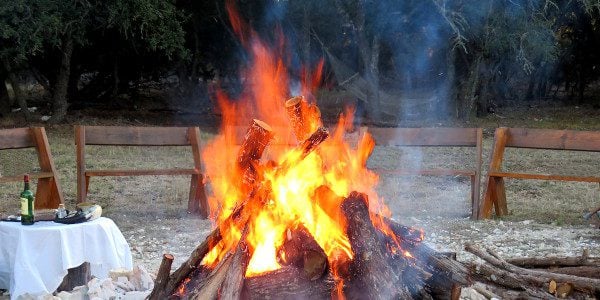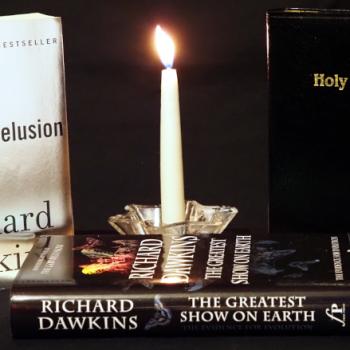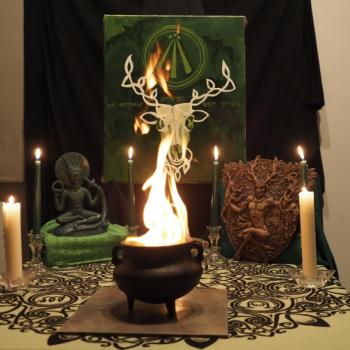The first discussion panel at Between the Worlds was titled “Alliances with the Spirit World.” The first workshop I went to was Heathen author and teacher Diana Paxson on “Preparing for Possession.” Several of my informal conversations revolved around similar topics. With all this talk of spirits and dealing with them, I think it’s worth exploring the topic in greater detail here on the blog.
What are spirits?
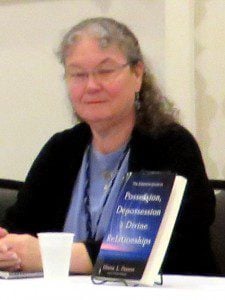
I’m in agreement with Diana Paxson: spirits are persons. Or at least, we relate to them as though they are persons. I don’t see them as archetypes or metaphors, although if you do I’m not going to insist you’re wrong. Alliances are helpful because of what we do, not what we believe.
I see three general categories of spirits: Gods, ancestors, and Nature spirits. The categories overlap and the boundaries between them are rather vague. Some Gods are also Nature spirits, while other Gods are deified ancestors. Humans belong in this discussion as well – an ancestor is simply a human who now resides in the Otherworld.
I used to think of spirits as existing on a continuum of lesser to greater, from extremely localized spirits of rocks and trees to more powerful ancestors to the most powerful Gods. I no longer think that’s a helpful concept, as it implies a hierarchy where none exists. The spirits are what they are and they do what they do. If you need help with something, look for the most relevant spirit, not the most powerful.
How do we experience spirits?
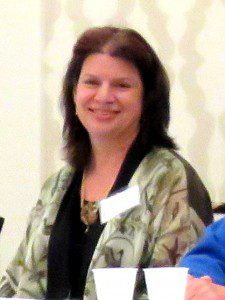
Some people find it very easy to see and hear spirits: the “God-bothered” or “God-speakers.” Aeptha saw spirits from an early age. In a traditional tribal culture, her skills would have been noticed and she would have been given initiation and training. In our materialistic culture, she was assumed to be psychotic and was “treated” with medication and electroshock.
On the other hand, Diana Paxson said she spent 40 years learning how not to be a “cement head.” She primarily learned by doing.
It’s often said that all children are born with the ability to see and communicate with spirits, but then it’s educated out of them. As with any skill or ability, sensitivity to spirits varies widely from person to person. Still, there are techniques which can help anyone improve their abilities – breathwork being at the top of the list.
Regular practice is also important. Some of the work can be done solo, but more intense work needs to be a community based process. We need what Aeptha called a container and I call a structure – a set of proven practices, realistic expectations, and other practitioners who can help us interpret our experiences. All communication comes through filters – experienced practitioners help us make sure we don’t ignore important messages because they get blocked by the filter of mainstream materialism. Or, as Michael Smith warned, because they get twisted by the filters of science fiction and fantasy and the unrealistic expectations they create.
Why should we work with spirits?
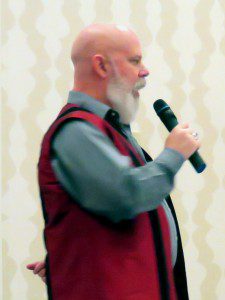
The short answer is same as the question of why people climb mountains: because they’re there. Good religion is about forming and strengthening relationships, and a big part of that is our relationships with our families and communities. But those relationships don’t end when people die – they just change. We continue our relationships with our ancestors.
Our mainstream culture tells us the only value of Nature is what economic benefit we can exploit from it. This has given us consumerism, pollution, climate change, and a culture of more more more that can never satisfy the people who live in it. But if we see Nature as inspirited, as alive with the same lifeforce that animates us, then we can form relationships with Nature and the spirits of Nature. We can live lives that are connected, sustainable, and happy.
What are the Gods? Who are the Gods? That’s still as much of a mystery as it was for our ancient ancestors. What is far more clear is that worshipping and emulating Them is a good thing for us.
The Neoplatonists taught that our prayers and sacrifices rise up to the Gods where they are imbued with Their divine essence. That divine essence returns to the worshippers, making us a little more God-like ourselves. After years of prayer, meditation, and offerings, I can’t say I feel any more God-like. I can say my life is far more meaningful than it used to be. Working for and with the Gods has brought more satisfaction into my life than chasing the trappings of the mainstream culture ever did.
Why do they want to work with us?
The closing chant to the main ritual at Between the Worlds said:
Sing through my voice
Play through my hands
Let the way be open.(chant by Abbi Spinner McBride)
Some say the Gods, ancestors, and spirits can only affect this world through us. Whether that’s true or not, it is undeniably true that they frequently choose to work through us. Getting that work done is important. Diana Paxson said we should honor the Powers, “but they usually want to work.”
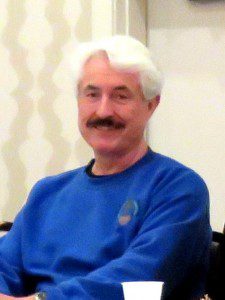
As anyone who’s ever been in a romantic relationship knows, good relationships require sacrifice and reciprocity. They require negotiation – give and take so both parties get what they need and neither ends up with something they can’t live with. Our relationships with spirits are no different. Kirk Thomas pointed out that the ADF core liturgy is based on reciprocity.
Michael Smith made two key points. “They understand no.” But they don’t like it when you say yes and then you don’t follow through. Honest negotiation and consistent performance builds mutual trust.
Beyond that, “Not everything is pleasant. Sometimes it’s just necessary.” Spirits have a different perspective from living humans. Families, communities, and ecosystems tend to be more important to them than individuals – and certainly more important than any individual human’s comfort and convenience. Long-term health and sustainability tend to be more important than short-term pleasure and prosperity.
Can we trust them?
Diana Paxson warned “just because they’re dead doesn’t mean they’re smart.” Spirits may have a broader perspective than living humans, and they may have access to information we do not. But the idea that they are all-knowing, all-loving, all-wise, or all-anything else is a holdover from monotheism. It is not part of Pagan and polytheist thinking.
Diana Paxson and Michael Smith both made the same point: trust the Gods to be who They are. You be who you are. Trust is built through honesty and consistency.
Know yourself, then build relationships.
Like our human alliances, our alliances with the spirit world are best when they’re built on a firm foundation of honesty and reciprocity. They require constant attention. They’re a lot of work. They can be a lot of bother.
They can also be extremely rewarding.


